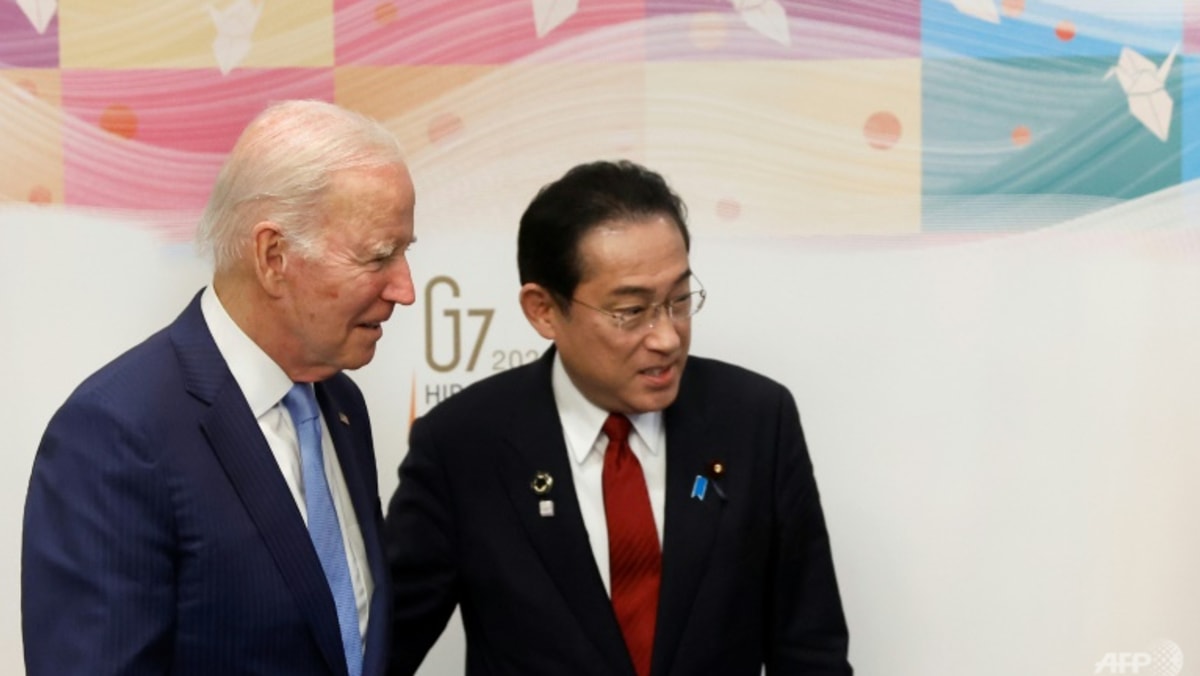
Economists are divided about just how much G7 and other sanctions have hurt the Russian war effort.
The Russian economy contracted 2.1 per cent in 2022, a trend that continued early this year.
But Moscow has adapted quickly, introducing strict capital controls, diverting trade to allies like China and reportedly borrowing evasion techniques from much-sanctioned countries like Cuba, Iran and North Korea.
The International Monetary Fund has projected a modest 0.7 per cent economic rebound in 2023.
G7 leaders will also use the summit to woo invited leaders from India and Brazil, two regional powers that have sometimes been reluctant to criticise Moscow, or China.
PEACE PARK VISIT
Talks will officially open Friday afternoon after Prime Minister Fumio Kishida takes leaders to Hiroshima’s peace park memorials and museum, where they will see evidence of the suffering and devastation caused by the 1945 atomic bombing of the city.
In a moment heavy with symbolism, they will lay wreaths at the Hiroshima cenotaph, which commemorates the estimated 140,000 people killed in the attack and its aftermath.
Kishida, who comes from Hiroshima, has tried to move nuclear disarmament up the agenda.
“I hope that here in Hiroshima, the G7 and leaders from elsewhere will show their commitment to peace, which will be remembered in history,” he said Thursday.
However, there is little appetite to reduce stockpiles at a time when Moscow has made thinly veiled threats to use the weapons, and while North Korea is stoking fears of a new nuclear test with a barrage of missile launches.
Eighty-two-year-old Masao Ito survived the bombing as a small child. If given the chance, he said, he would warn leaders: “As long as there are nuclear weapons in the world, there is a possibility that your city could become like Hiroshima.”
“Is that really something you are willing to accept?”
CHINA “DE-RISKING”
Apart from Ukraine, China will dominate the three days of meetings.
There the focus will be on diversifying crucial supply chains away from China and insulating sectors from “economic coercion”.
But European countries insist that doesn’t mean breaking ties with China, one of the world’s largest markets.
“Not a single country” is pursuing “decoupling”, German Chancellor Olaf Scholz told reporters in Hiroshima.
“However, we want to organise global supply relations, trade and investment relations, in such a way that the risks are not increased by dependence on individual countries,” he said.
